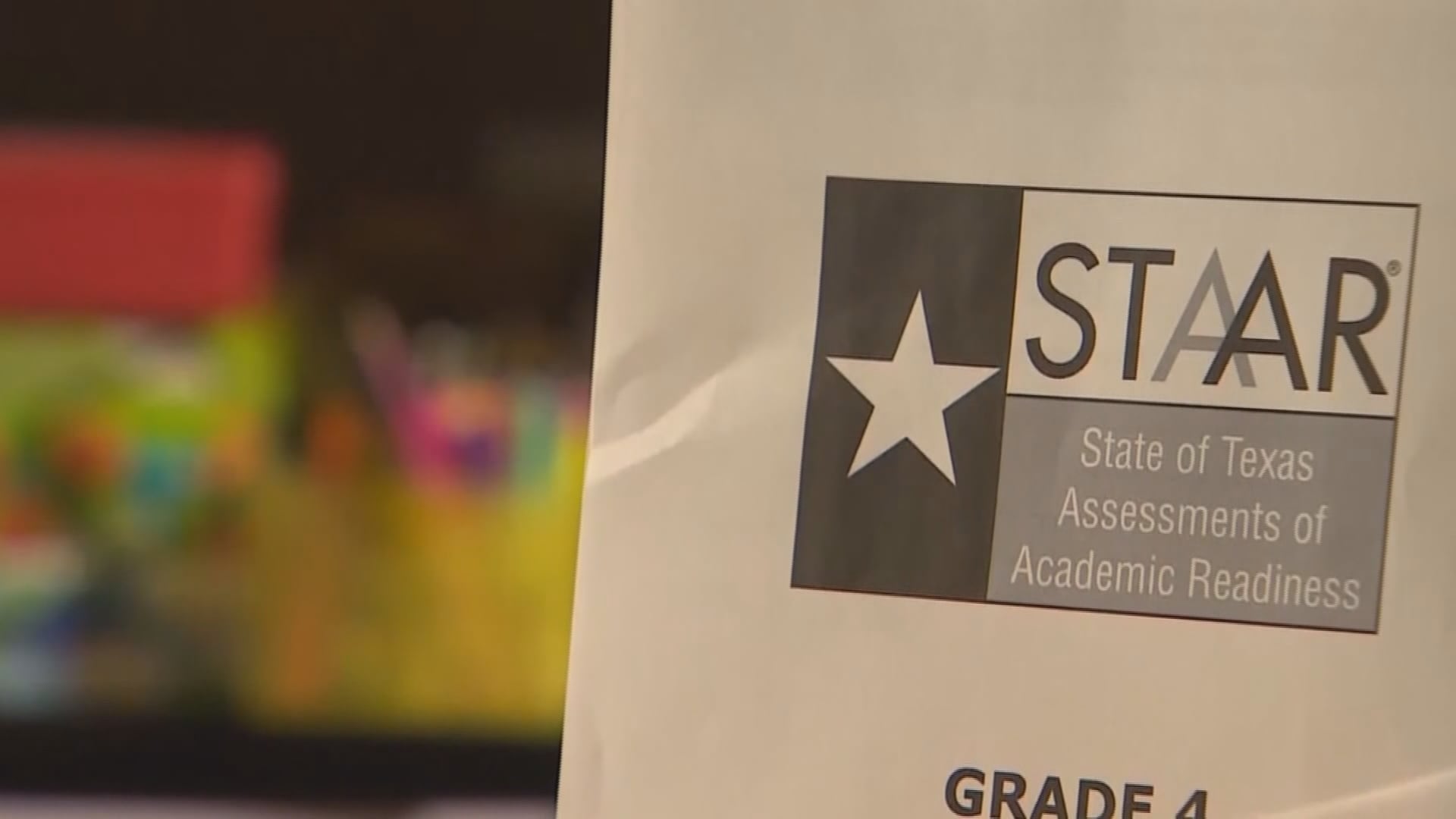Bryan ISD officials focus on building success amid TEA ratings delay
BRYAN, Texas (KBTX) – The Bryan ISD Board of Trustees heard an update from district leadership Monday about the redesigned STAAR Assessment and delayed letter grade accountability ratings.
The ratings were supposed to be released last week, but were blocked by a temporary restraining order issued by a Travis County judge.
In a lawsuit, school districts argued the redesign, part of which includes student responses being graded by AI instead of human graders, isn’t producing the most accurate results.
Part of the ratings redesign included the Texas Education Agency (TEA) telling school districts to anticipate a ratings drop by one letter grade, even if there was academic improvement.
The updated STAAR test and revised ratings criteria were meant to hold school districts to a more rigorous standard, though district officials said they’re ‘frustrated’ with the ongoing process.
“Testing should be a useful tool that tells us something about where our students are. But in this case, we have artificial intelligence doing grading and it’s not accurate,” board president Dr. Julie Harlin said.
However, district officials also said some of the changes to the test have been helpful.
“They’re more reflective of the classroom and what students experience and how teachers teach,” explained Dr. Barbara Ybarra, associate superintendent of teaching and learning.
At the same time, there was an increase in the percentage of students who received a score of zero.
“That’s the frustrating part for our staff, and for our parents and for the school district as a whole; is that these tests have not been validated. They’re not reliable,” Dr. Harlin protested.
With the overall accountability ratings delayed, Bryan ISD leaders said they are choosing to focus on what matters most: Student growth and achievement.
One of the ways the district is working to achieve this is through its ‘Shared Ownership’ plan, which began Monday.
District officials will team up with administration and staff at schools, doing weekly check-ins and spending time in classrooms as a way to offer additional support and resources.
This will help quickly address concerns while also highlighting success in the classroom, according to district leaders.
“Regardless of the accountability system, or which indicators, or methodologies, or calculations this; the main thing is still the main thing, and that’s the child in front of us each and every day,” added Dr. Ybarra.
The next hearing on the release of the TEA accountability ratings is set for Monday, August 26.







